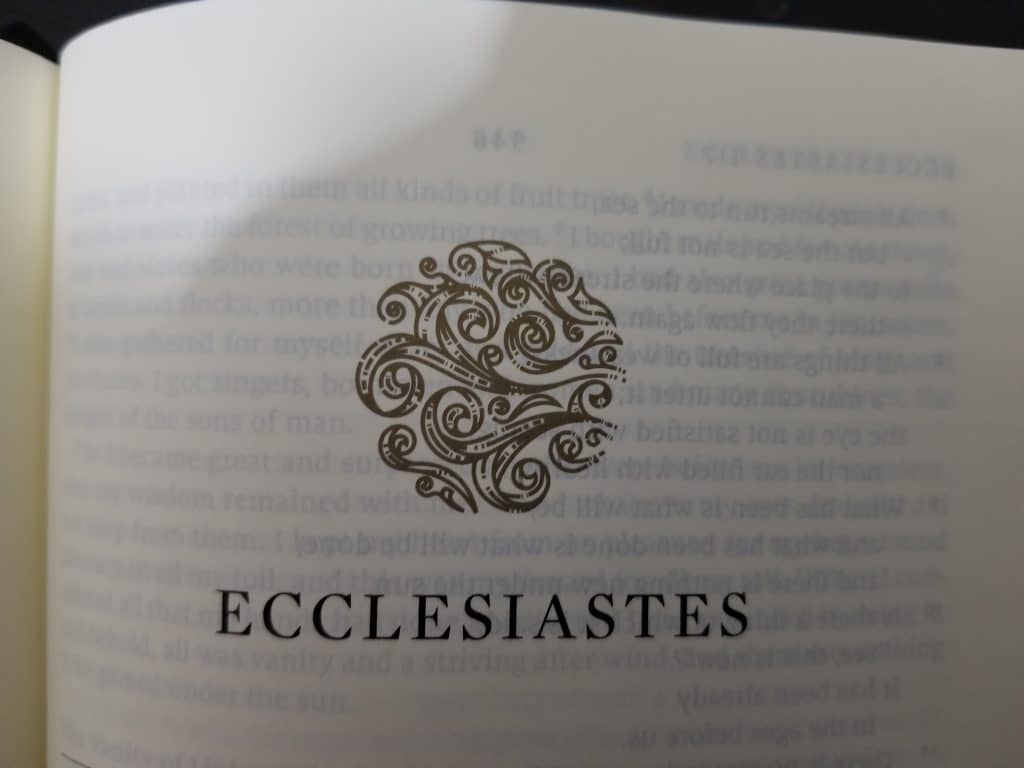⏱️ Estimated Reading Time: 4 min read
I never intend to watch the Oscars, but sure enough every year I seem to catch at least part of the award show. There’s something intriguing about seeing some of the world’s most famous people all glammed up desperately hoping their dreams of recognition will come true.
What always grips me, however, is the “in memoriam” portion of the evening. This is where they show pictures of some of the people in the business who died in the last year. It’s a somber moment in the show, but I always think to myself that it’s not somber enough.
You would think that some of the people living there would watch the slideshow of all those who died and say, “That’s my future.” People’s whole careers and lives boil down to a five second picture on a screen while their younger, prettier replacements look on with feigned interest. They think they’re changing the world and doing new exciting things, but in the end their career will just result in a bunch of people politely clapping when their picture goes by.
Likewise when I die, I assume my memory will consist of just a picture in a small frame on my grandkids’ wall. We will all be forgotten one day. Maybe we’ll do something that people will remember, but they still won’t know us. We become a piece of trivia at best.
This is at the heart of Solomon’s reflection on life under the sun. Solomon says soon enough, you’re going to be gone, but the sun will keep rising, the wind will keep blowing circles around the world, the streams will keep flowing, and the sea will keep filling without ever becoming full. Everything will continue to march on without you. “What has been is what will be, and what has been done is what will be done, and there is nothing new under the sun” (Ecclesiastes 1:9).
All of this feels very depressing. But there is a ray of hope. It comes from the phrase “under the sun,” which we see in v. 3 and 9 (The phrase is used 27 times in this book, so it’s clearly an important phrase for understanding this book). Why would this phrase give us hope? Every time Solomon talks about what’s under the sun, it’s a negative. Our toil doesn’t matter under the sun, pleasure doesn’t matter under the sun, history doesn’t matter under the sun. Life under the sun is as fleeting as a mist…a breath.
But the question Ecclesiastes begs us to ask is this: What’s beyond the sun? Or better, “Who is beyond the sun?” The person Solomon depicts here is speaking as if this world under the sun is a closed system. No God. No afterlife. The presupposition is this all there is, and it’s not that good. As the Apostle Paul says in 1 Cor. 15:19, “If in Christ we have hope in this life only, we are of all people most to be pitied.” If life under the sun is all we get, then what’s the point of our “toil under the sun?” What could we possibly gain?
Once, however, you connect what you’re doing in this fleeting life to an eternal God, then suddenly life is not so meaningless. Suddenly life is not so fleeting because it has eternal significance because it’s lived for an eternal God who infuses our lives with meaning and gives us eternal life beyond the sun and rewards in heaven for the things we do under the sun.
The good news of Ecclesiastes is that everything under the sun is not everything. There is more. There is greater knowledge. There is life after death. There is heaven. There is a God who knows infinitely more than you and who loves you infinitely. May we praise this God who came under the sun so we can one day join him beyond it!




